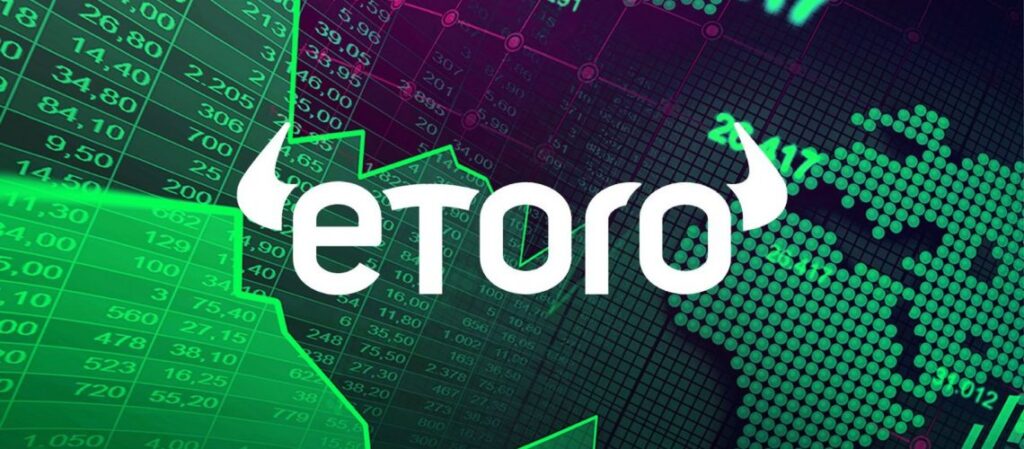eToro, an Israeli brokerage, is revisiting its plan to go public, eyeing a valuation over $3.5 billion, as disclosed by CEO Yoni Assia in a conversation with the Financial Times.
This comes after a prior unsuccessful attempt, where eToro had arranged a $10.4 billion merger with a SPAC, marking a significant decrease in the proposed valuation.
The brokerage, with a strong operational base in the United Kingdom, is contemplating the United States for its public listing due to the market’s profound liquidity.
Nevertheless, it hasn’t dismissed London as a possible venue for going public.
Assia highlighted the preference among retail investors in the UK and Germany for trading U.S. stocks, noting a particular attraction to the U.S. market because of its liquidity and the visibility of assets traded there.
This time, eToro is considering an initial public offering (IPO), diverging from its previous strategy, although no further details have been disclosed yet.
Established in 2007, eToro initially gained recognition in the copy-trading arena but has since broadened its services to include stocks and cryptocurrencies, now holding approximately 3 million accounts and managing around $11.3 billion in customer assets.
The company generates 70% of its revenue from Europe, underscoring its successful expansion beyond its Israeli roots.
The brokerage’s initial public offering ambition was first announced in 2021 through a deal with Betsy Cohen’s Special Purpose Acquisition Company, but the agreement disintegrated in July 2022 after failing to finalize despite several deadline extensions.
Following this setback, eToro secured $250 million in funding from investors like SoftBank and Ion Group, valuing the company at $3.5 billion.
Assia’s renewed push for a public listing is inspired by current market conditions and follows a strategy akin to Robinhood’s successful listing in 2021 amidst a tech boom.
However, eToro and Robinhood have different focuses, with eToro serving a predominantly European, UK, and Asian clientele and aiming to facilitate access to U.S. IPOs for these markets, a venture requiring a unique infrastructure, as per Assia’s insights.
